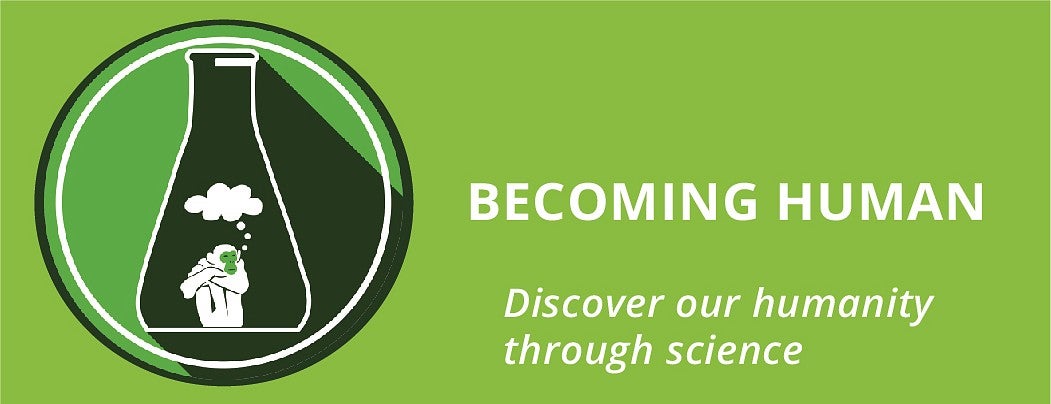
We will examine aspects of connectivity between ENVS 225 (Introduction to Food Studies) and ANTH 220 (Nutritional Anthropology) in this ten-week exploratory College Connections course. We will also explore ways in which Anthropology and Environmental Studies are connected, and discuss the many roles that food has played in our history and in our current lives, how food impacts our bodies and cultures, how food impacts our environments and the globe. What is food? What does it mean? Do you eat to live? Do you live to eat? Food can build and food can break people, and cultures. We will connect biological and cultural approaches as we explore the facets of food and nutrition. In doing so, we strive to provide you with the critical thinking skills to evaluate connectivity between our two FIG classes, and between any courses that you will take here at the UO.
Another major focus will be in providing you with tools and resources for you to excel in each of your courses by exploring connections and utilizing resources to help you excel as a student at the University of Oregon. We want you to have a positive and productive time while at the UO in regards to your academic and career paths, but also in regards to your personal experiences on Campus and in our larger community. We want to provide you the opportunity to acquire skills that help you anticipate and address some of the challenges you might face as a student, and in preparation of your career and life goals. As such, we will explore some of the important resources at the University which will provide you with spaces and avenues for developing beneficial study skills, good academic planning, motivation, and personalized career paths.
Students explore the intersection of topics by taking the following course package:
UGST 109 First-Year Experience Seminar - 1-credit
ANTH 220 Nutritional Anthropology - CoreEd or major satisfying course, 4-credits
In this course, we study human nutrition through a biocultural lens. Thus, we focus on its scientific underpinnings and particularly on nutrition in relation to evolutionary adaptation, which means that we address ways in which culture both influences and is influenced by Homo sapiens’ relation to food. This course examines nutrition in relation to evolution, adaptation and subsistence strategies, drawing on contemporary issues. Subsequently, we expand on the discussion of adaptation to include the role of environment, disease, in hunger, starvation, malnutrition and infant nutrition with special emphasis on the evolutionary feedback between environment, culture and globalization. In the final part of the course, we will come full circle to relate some contemporary nutrition issues in the news to the themes of the course.
ENVS 225 Introduction to Food Studies - CoreEd or major satisfying course, 4-credits
This course provides an introduction to the emerging interdisciplinary "field" of food studies and an introduction to the place of food in society. Using a comparative global perspective, we will explore the complex ways in which our foodways have emerged and explore the roles food plays at present. We will examine large-scale patterns and as well as the more intimate ways we engage or experience food in our daily lives. We will address key questions such as: Why use food as lens on society? How did the food system we have today develop? With what effects on the environment and our health? How does food help create meaning and identity for people in different cultural contexts? Why do some people (continue to) struggle to get enough food, while others eat so much that it makes them sick? What does the future hold for our engagement with food? What roles can or should we play in the food realm going forward?
FIG Theme:



